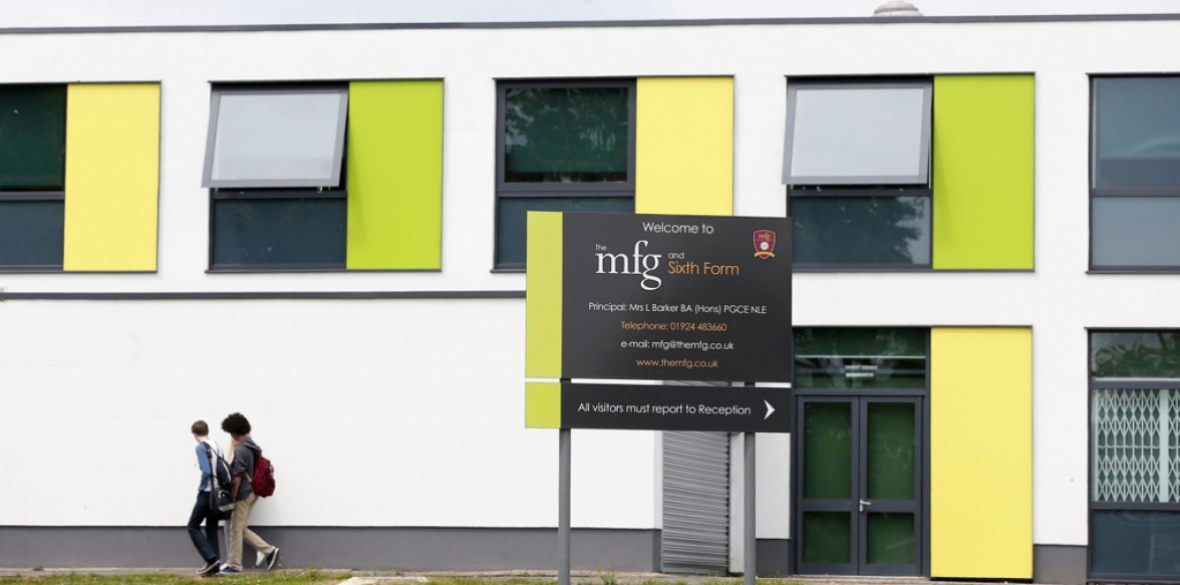This is the last article you can read this month
You can read more article this month
You can read more articles this month
Sorry your limit is up for this month
Reset on:
Please help support the Morning Star by subscribing here
FREE schools are failing to fulfil their proclaimed purpose of offering “innovative,” parent-led curriculums, according to a new report published today by the National Foundation for Educational Research and the Sutton Trust.
Of the 152 primary free schools in England, only 35 per cent were “innovative,” compared with 29 per cent of the 113 secondary free schools.
It also finds that disadvantaged students are less likely to go to free schools, yet those who do perform slightly better.
Teachers’ union NASUWT general secretary Chris Keates said children and local communities “deserved better.”
“The introduction of free schools and academies not only caused great turbulence, anxiety and uncertainty for all involved, but also saw millions of pounds of public money squandered,” she said.
When then education secretary Michael Gove launched the free schools programme in 2010, he claimed it would allow parents to set up schools in their communities, but 59 per cent of all free schools have involved multiacademy trusts in their creation.
National Education Union (NEU) joint general secretary Kevin Courtney said the union has always pointed out that the free school programme is an “ill-conceived and misguided” policy.
“Free schools add nothing to the school system, but instead have, in many cases, undermined existing schools where they have been established in areas without basic need for new school places,” he said.
“Many primary free schools have been set up in areas where available capacity exceeds forecast need by at least 10 per cent.
“At a time of school funding cuts, this has created unwelcome competition for pupils and vital school funding.”
Mr Courtney said the notion of “increased parental choice” was “simply smoke and mirrors.”
He added: “Free schools are state-funded schools and their pupil populations should reflect the make-up of their neighbourhoods.
“The fact that they control their own admissions is an aspect of the free school programme that the NEU has long opposed.”
Mr Courtney said the programme’s high costs to taxpayers, which he put at an average of £8.6 million per school, could have been better invested in existing state schools and in funding local authorities to establish new maintained schools that are accountable to local communities.












